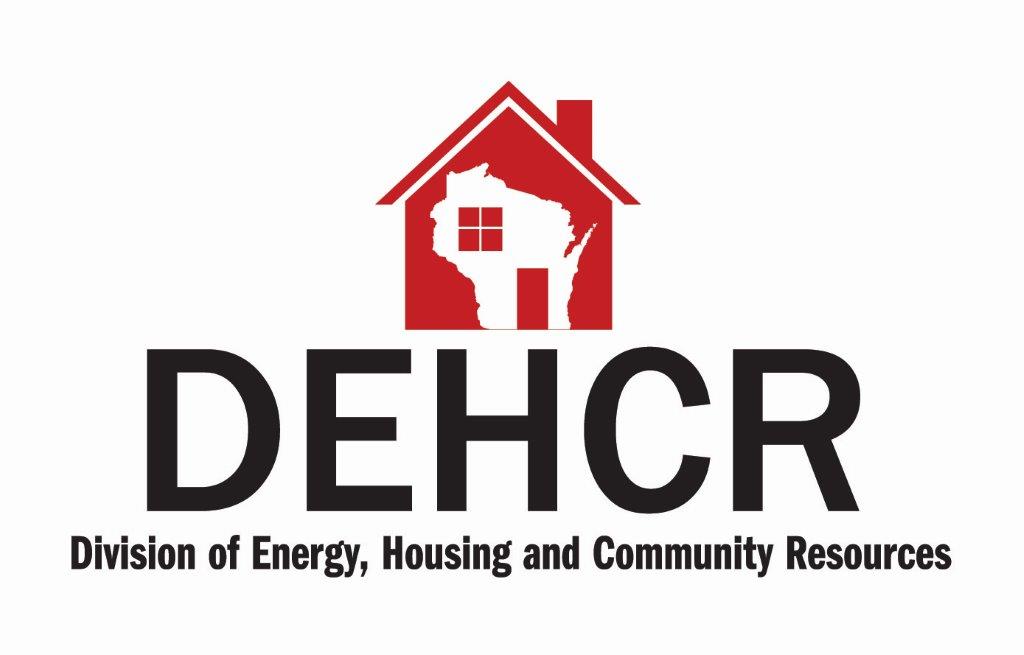Resource Details
Housing
Emergency Solutions Grant, Housing Assistance Program, Homelessness Prevention Program EHH
The Emergency Solutions Grant (ESG), Housing Assistance Program (HAP), and Homeless Prevention Program (HPP) are collectively referred to as the EHH Program. The Emergency Shelter Grant was created in 1991 under the McKinney-Vento Homeless Assistance Act. The Homeless Emergency Assistance and Rapid Transition to Housing Act of 2009 (HEARTH Act) amended the McKinney Vento Act, revising the Emergency Shelter Grant Program in significant ways and renaming it the Emergency Solutions Grant Program. It is federally administered by HUD. ESG can be used for rapid re-housing, homelessness prevention, emergency shelter, street outreach, Homeless Management Information Systems (HMIS), and administrative costs. The Homeless Prevention Program is a state program authorized under Wisconsin Statutes § 16.303. HPP can be used for rapid re-housing, homelessness prevention, and administrative costs. The Housing Assistance Program is a state program authorized under Wisconsin Statutes § 16.306. 2017 Wisconsin Act 59 amended the program and re-named it from the Transitional Housing Program. Housing Assistance Program funds can be used for housing, support services and administrative costs to facilitate the movement of homeless individuals and families to independent living. Please see the EHH website: https://doa.wi.gov/Pages/LocalGovtsGrants/Emergency-Solutions-Grant-Transitional-Housing-Program-Homelessness-Prevention-Program-ETH.aspx
Eligibility
The Emergency Solutions Grant (ESG), Housing Assistance Program (HAP), and Homeless Prevention Program (HPP) are collectively referred to as the EHH Program. ESG is Federally Administered by the United States Department of Housing and Urban Development (HUD). HUD awards ESG funding to the State of Wisconsin, Department of Administration, Division of Energy, Housing, and Community Resources (DEHCR) to distribute to eligible applicants. HPP and HAP are State of Wisconsin funding sources. The Housing Assistance Program, formerly known as the Transitional Housing Program (THP) was re-named under 2017 Wisconsin Act 59. ESG and HPP funding are combined and allocated to one lead applicant in each HUD or local Continuum of Care (COC). The lead applicant and sub-recipient applicants may apply for this funding under six different project types: administration, emergency shelter, homeless management information systems (HMIS), homelessness prevention, rapid re-housing, and street outreach. Each HUD or local Continuum of Care decides how to best divide funding between project types and applicants by considering local needs and project performance. HAP funding is allocated to each of Wisconsin’s HUD Continua of Care. Each HUD Continuum of Care is responsible for distributing funds to eligible sub-recipients as they best determine.
Top Benefits
- RAPID RE-HOUSING: Rapid Re-Housing programs help homeless persons living on the streets or in an emergency shelter transition as quickly as possible into permanent housing. Once in permanent housing, Rapid Re-Housing programs provide services and short to medium term rental assistance to help such persons achieve housing.
- HOMELESSNESS PREVENTION: Homeless Prevention programs help individuals and households who are at risk of homelessness retain housing.
- STREET OUTREACH: Street Outreach programs focus on locating, identifying and building relationships with unsheltered homeless people for the purpose of providing immediate support, intervention, and connections with homeless assistance programs and/or mainstream social services and housing programs.
- EMERGENCY SHELTER: Emergency Shelters provide temporary shelter and services designed to increase shelter clients’ stability. Unless they have been grandfathered in, transitional housing programs are no longer eligible for funding.
- HMIS HMIS funding is used to operate and contribute data to the Continuum of Care's HMIS or, for victim service providers, an HMIS comparable database.




